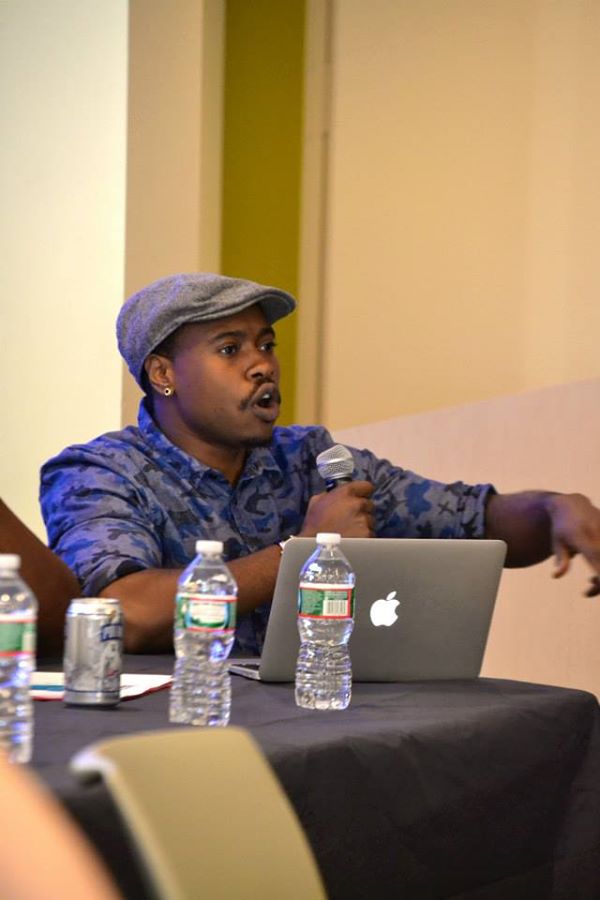Meredith: Welcome everyone. I’ve gathered us all here to talk about gender dysphoria, and specifically the model that has become the most prevalent in the trans community: that trans people feel like they were born in the wrong body from early childhood. It’s an idea that’s prevalent in a lot of movies and literature, and is also an important way that medical professionals often assess whether to give people access to trans-related medical care. So my first question is, does this model resonate with you? Also, you can introduce yourself and how you identify and your pronouns and all that.
Nico: I’m a gender variant queer fat femme from Brooklyn, my pronouns are he, and they. I don’t identify with the model of having been born in the wrong body in order to be trans. Growing up as a fat queer person, my body has always been something I should not be allowed to identify with, love, or accept. Being trans meant that too. The more I wanted to explore my body, and push the socially imposed boundaries of presentation, the more I was encouraged to explore a hypermasculinity in order to validate myself, my identities and my journey. For me, coming into myself is to unapologetically let myself be what I want to — the radical self-determination and to reclaim the agency over my body, my hair, my voice, and my skin.
Jacob: I’m a genderqueer femme from North Carolina who’s now living in NY and trying to pretend like I’m a city mouse, and my pronouns are they/them. The “traditional” model of trans identity — the idea that trans people have to feel like we’re in the wrong body — really got in the way of me understanding myself as trans. For the longest time, I didn’t think that I counted as trans because I thought you had to hate your body in order to be part of the trans community. Standing in front of the mirror, all on my own, without anyone to judge me, I’m not sure if I’ve ever really had an issue with my body.
Tiq: I identify as a trans man, pronouns he and him. I’m a writer, media maker, and trans rights advocate. The idea that being born in the wrong body seems to be the most commonly used and most simplistic way of explaining the transgender experience, but it never really fit my narrative. I never felt I was born in the wrong body, I just evolved away from it...




